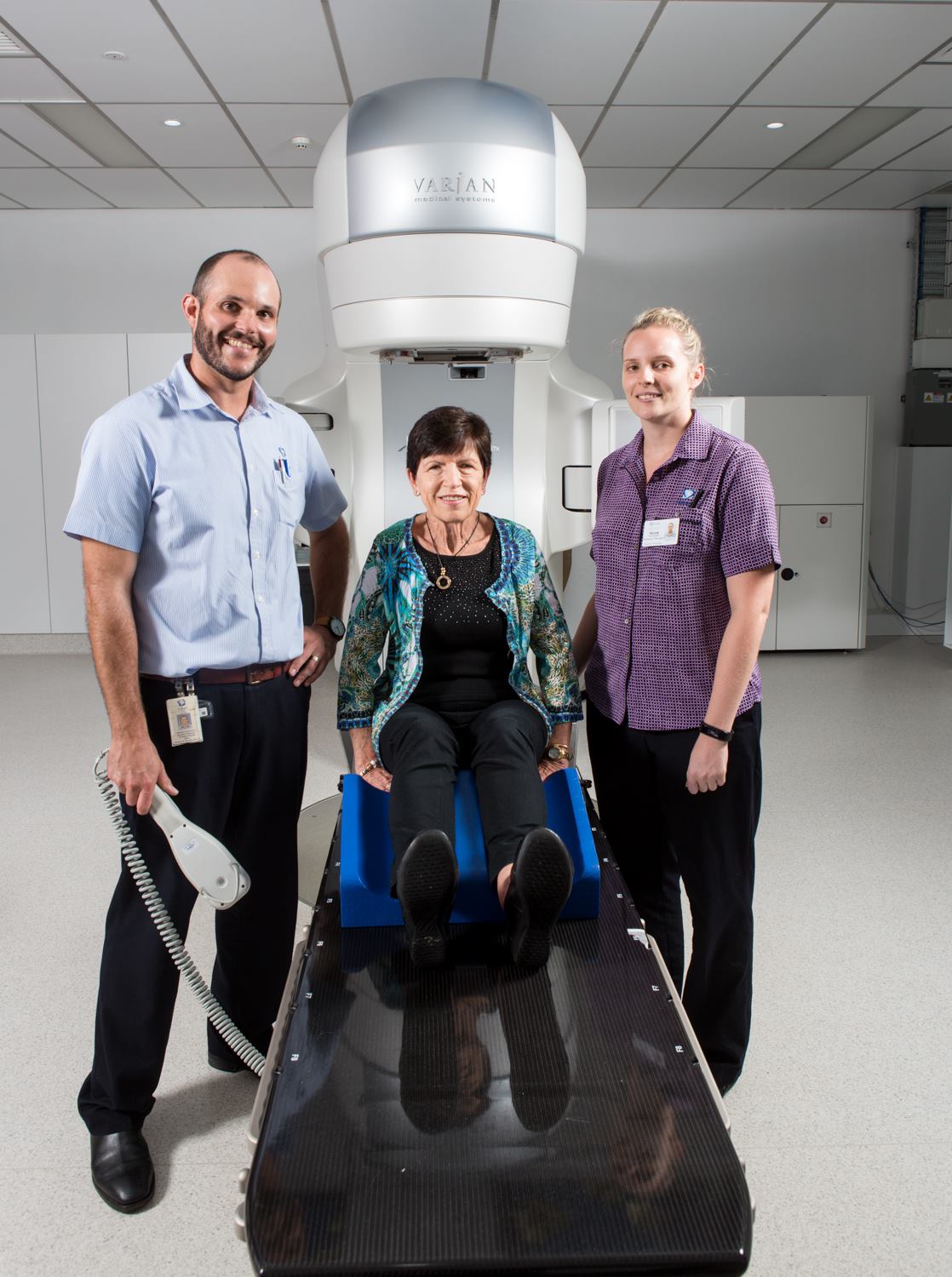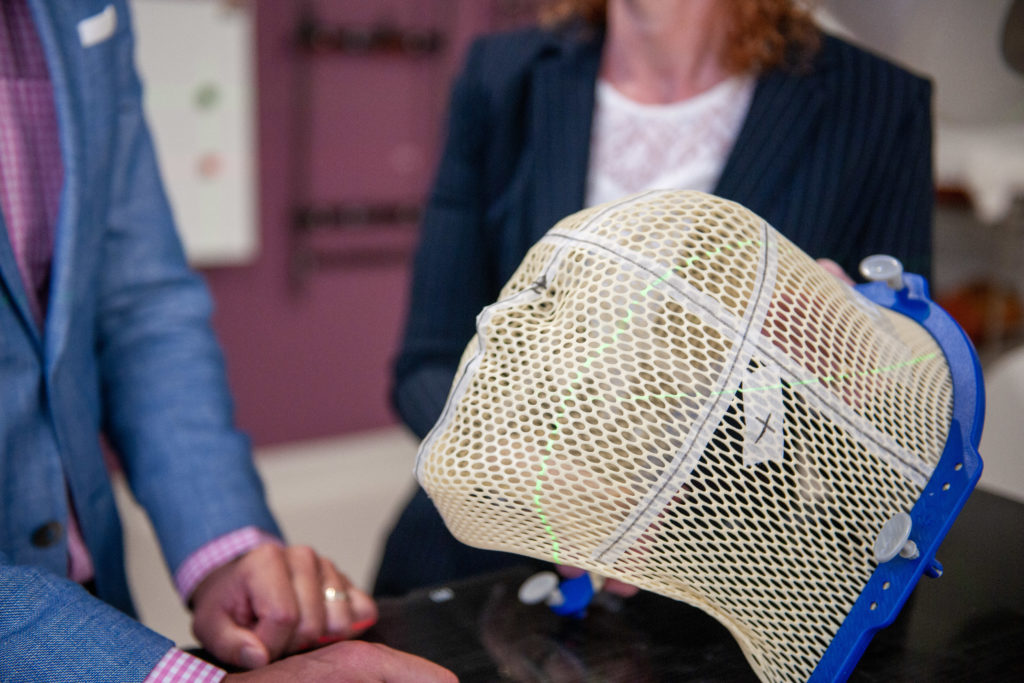
These radiation medicine trials include but not limited to cancer of the breast, lung, prostate, skin, central nervous system, head and neck.
We work with researchers and doctors across more than 80 cancer treatment centres in Australia and New Zealand, as well as many international centres. Over the past three decades, TROG Cancer Research has launched over 110 trials with the help of more than 14,700 patients. Over time we have achieved significant improvements in cancer patient care and outcomes.
Our radiation medicine research team is multidisciplinary, with the global aim of improving patient outcomes through sophisticated, rigorously tested radiation therapy treatment.
Translational research is a key strength of TROG Cancer Research. Initiatives that were once a part of research projects conducted in laboratories and clinics throughout Australasia are now incorporated into standard care in a clinical setting.
TROG Cancer Research is focused on efforts that will ultimately result in clinical translation based on the findings of radiation medicine trials.
Underpinning all of our research efforts are the following four pillars:

TROG Cancer Research studies and projects are highly regarded in the international field of cancer research. Our findings include:
Lung cancer has been estimated to be the fifth most diagnosed cancer in Australia during 2020. (Source – Cancer Australia)
In investigating the complex relationship between lung tumour volume and survival in patients, the TROG 99.05 Trial showed that a larger tumour size should not exclude lung cancer patients from curative (chemotherapy) radiation therapy.
We were also able to review more effective treatment options through the TROG 09.02 CHISEL trial. With this trial, we investigated whether radiation therapy given as three large doses over a period of two weeks (hypofractionated radiotherapy) is more effective than standard radiation therapy for patients with non-small cell lung cancer that has not spread beyond the lung. The results obtained revealed that hypofractionated radiation therapy for early-stage non-small cell lung cancer may be more effective in controlling cancer.
Breast cancer is the most common cancer among Australian women, with 1 in 8 women being affected. Although about 100 times more common in women, men can also develop breast cancer. (Source – National Breast Cancer Foundation)
The TROG 04.01 trial demonstrated that a particular alcohol-free barrier cream was effective in reducing skin reactions after radiation. The rigorous trial tested this hypothesis and found no significant difference to the 10 per cent glycerine cream commonly used for this purpose in Australia.
Prostate cancer accounts for 13 per cent of all cancer deaths in Australian men. With 1 in 5 men being diagnosed with prostate cancer before the age of 85, it is a significant cause of disease burden in our older population. (Source – Cancer Council Australia)
TROG 03.04 (RADAR) investigated whether certain treatments had an adverse effect on patient outcomes, finding that while some had no detrimental effects, others were adversely affected with emotional and financial problems. The study generated findings on the outcomes and impact of comprehensive quality assurance, which can provide a catalyst for reforming treatment practices. It also provided treatment centres with useable feedback.
Meanwhile, our team made a breakthrough in prostate cancer research with the TROG 15.01 SPARK trial. What this trial aimed to do was test the effectiveness of using Kilovotage Intrafraction Monitoring (KIM) to treat prostate cancer patients combined with Stereotactic Ablative Radiation Therapy (or SABR). This study revealed that KIM technology can be used to more accurately target prostate cancer and manage side-effects with lower toxicity.
In addition, the TROG 08.01 Profit trial was designed to determine whether an eight-week course of escalated dose conformal radiation could be compressed safely and with similar efficacy into a four-week course. This enabled us to offer patients shorter radiation treatment times that were less invasive, reducing the stress and time usually required for conventional cancer treatment.
Your donation can impact the quality of life and outcomes of cancer patients today and in future generations locally, nationally, and worldwide. Find out about different ways you can help us continue to pave the way for ongoing developments in radiation medicine cancer treatments.